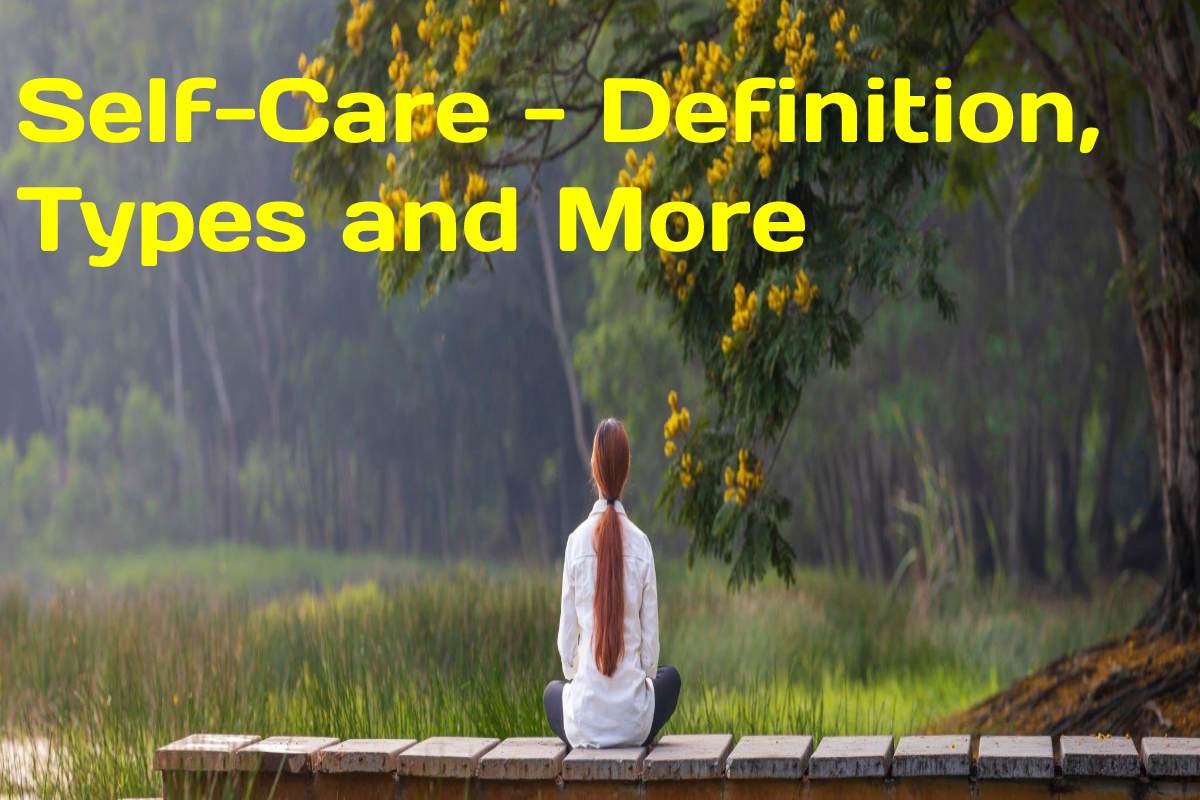Table of Contents
Self-Care
Definition Of Self-Care Let’s dispel a shared misconception: self-care is not identical to complacency or selfishness. Self-care means taking care of any to be healthy, to be well, to do one’s job, to assist and care for others, and to do whatever one wants and wants to achieve in one day.
You’re right if you reason you’ve heard more about self-care by now. An indicator: according to Google Trends, the number of searches for “personal care” has more than doubled since 2015.
Paula Gill Lopez, PhD, associate professor and chair of the Department of Educational and Psychological Counseling at Fairfield University in Fairfield, Connecticut, says the essential for self-care is obvious. “We have an epidemic of nervousness and depression,” she says. “Everyone feels it.”
Self-care is portion of the answer to how we can all well cope with daily stressors, says Kelsey Patel, Los Angeles-based wellness expert and author of the forthcoming book Burning Bright: Rituals, Reiki, and Self-Care to Heal.
Burnout, anxiety and stress. It’s the stress of work. It’s the stress of trying to save up with the pace of everyday life, which technology has accelerated more than ever (think of the number of emails flooding your inbox each day). “People feel more alone and less able to relax and slow down. Which makes them more anxious and overwhelmed by even the simplest tasks,” says Patel.
Types
“It could be everything that floats your boat, anything that makes you smile,” says Dr Gill Lopez. “Anything that makes you feel loved, even if you take care of yourself.”
There are different categories of personal care:
- Take care of yourself expressively, like talking to yourself, captivating weekly bubble baths, saying “no” to things that cause needless stress—permitting yourself to take a break, or preparing a weekly coffee with a friend.
- Take care of yourself bodily, such as prioritizing sleep, exercising, and choosing healthy, nutritious foods over highly treated foods.
- Take care of yourself mentally, such as attending a church facility, spending time in nature, meditating, incorporating even acts of kindness into your day, or keeping a gratitude periodical.
Why Is Self-Care Serious for Your Well-Being?
Various organizations and researchers take a health-focused method to define self-care. Medical care”.
By this definition, self-care comprises upholding good physical health, counting hygiene and nutrition, and looking for medical care. These are all the steps a being can take to achieve the stressors in their life and care for their health and well-being.
Therefore some researchers have taken a similar clinical approach. A 2010 study published in the JBI Library of Systematic Reviews defined self-care as “the set of activities one engages in throughout life daily”, focusing on health promotion, disease prevention and management of problems.
What Counts and What Doesn’t as Self-Care
So there is no way to say precisely what counts as self-care, as everyone’s definition is their own.
Courtney emphasised that it brings you more sustained joy in the long run. And while there are plenty of examples of self-care that seem to walk a fine line between health-enhancing behaviours and self-indulgence. Therefore self-care doesn’t have to be about filling your schedule with great experiences or d activities that cost money. (although it is certainly possible).
Consider a manicure or massage, or other spoiling activity. That may sound indulgent, but if the exercise helps you relax and set aside time for yourself, that counts as self-care, Amsellem says. So if weekly manicures or monthly spa days are beyond your means. So there are plenty of other self-care practices you can adopt.
Conclusion
“It doesn’t have to cost anything; it’s just about doing things you love. And many things that we enjoy or are happy with don’t cost anything,” Amsalem says. “Going out and breathing deeply, for example, might be the greatest act of it.”

